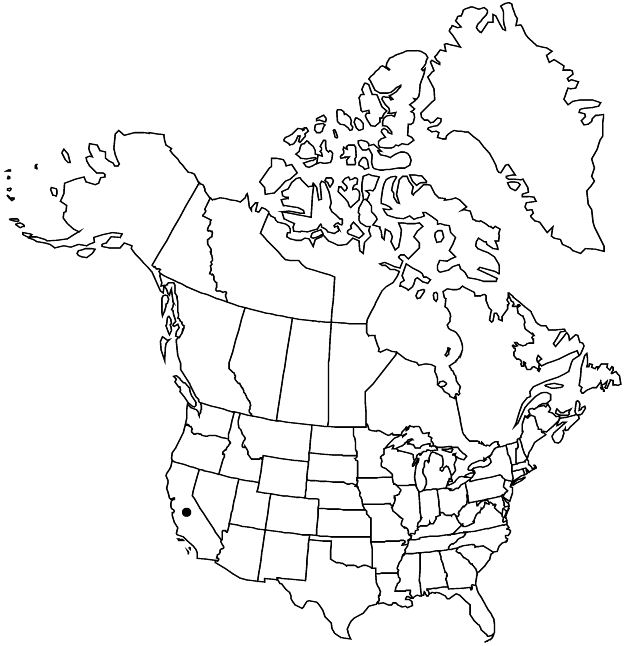Difference between revisions of "Oxalis incarnata"
Sp. Pl. 1: 433. 1753.
FNA>Volume Importer |
FNA>Volume Importer |
||
| Line 30: | Line 30: | ||
|discussion=<p><i>Oxalis incarnata</i> is recognized by its rhizomatous habit, small leaves in pseudowhorls, and large, solitary, flowers with white to pink or purple petals. Plants apparently are seed-sterile in California.</p> | |discussion=<p><i>Oxalis incarnata</i> is recognized by its rhizomatous habit, small leaves in pseudowhorls, and large, solitary, flowers with white to pink or purple petals. Plants apparently are seed-sterile in California.</p> | ||
|tables= | |tables= | ||
| − | |references= | + | |references= |
| − | |||
| − | |||
| − | |||
}}<!-- | }}<!-- | ||
| Line 40: | Line 37: | ||
-->{{#Taxon: | -->{{#Taxon: | ||
name=Oxalis incarnata | name=Oxalis incarnata | ||
| − | |||
|authority=Linnaeus | |authority=Linnaeus | ||
|rank=species | |rank=species | ||
| Line 52: | Line 48: | ||
|distribution=Calif.;Africa (South Africa);introduced also in Europe;Pacific Islands (New Zealand);Australia. | |distribution=Calif.;Africa (South Africa);introduced also in Europe;Pacific Islands (New Zealand);Australia. | ||
|introduced=true | |introduced=true | ||
| − | |reference= | + | |reference=None |
|publication title=Sp. Pl. | |publication title=Sp. Pl. | ||
|publication year=1753 | |publication year=1753 | ||
|special status=Introduced | |special status=Introduced | ||
| − | |source xml=https://jpend@bitbucket.org/aafc-mbb/fna-data-curation.git/src/ | + | |source xml=https://jpend@bitbucket.org/aafc-mbb/fna-data-curation.git/src/eaa6e58056e40c9ef614d8f47aea294977a1a5e9/coarse_grained_fna_xml/V12/V12_570.xml |
|genus=Oxalis | |genus=Oxalis | ||
|species=Oxalis incarnata | |species=Oxalis incarnata | ||
Revision as of 19:58, 16 December 2019
Herbs perennial, caulescent, rhizomes present, 3–8 cm, slender, sometimes producing small tubers, stolons absent, bulblets often present on rhizomes and in leaf axils. Aerial stems mostly 1–4 from base, mostly erect, 5–25 cm, herbaceous, glabrous. Leaves cauline, usually in pseudowhorls of 4–8, sometimes opposite proximally; stipules rudimentary; petiole 2–5(–7) cm; leaflets 3, green, sometimes purplish abaxially, obcordate, 6–10(–15) mm, lobed 1/4 length, lobes apically convex, surfaces glabrous, oxalate deposits absent. Inflorescences 1-flowered; peduncles 5–7 cm. Flowers: stamen/style arrangement not seen; sepal apices with 2 orange tubercles; petals white to pale pinkish purple with darker veins, 10–20 mm. Capsules not seen.
Phenology: Flowering Jan–May.
Habitat: Shady, disturbed, generally urban sites, greenhouses, roadsides, yards.
Elevation: 0–200 m.
Distribution

Calif., Africa (South Africa), introduced also in Europe, Pacific Islands (New Zealand), Australia.
Discussion
Oxalis incarnata is recognized by its rhizomatous habit, small leaves in pseudowhorls, and large, solitary, flowers with white to pink or purple petals. Plants apparently are seed-sterile in California.
Selected References
None.